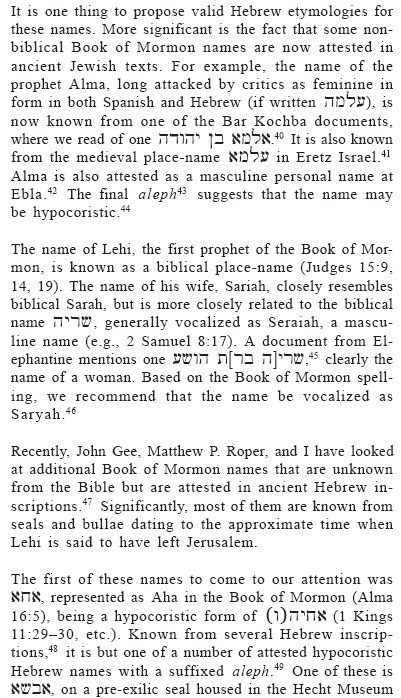This morning I considered the words of Paul in Hebrews 12 today regarding the Christian quest to follow the Savior through repentance and patient endurance as we are taught and guided by the Father of our spirits, our Heavenly Father. As a Father, he wants us to truly be His children and grow up to become partakers of His holiness:
1 Wherefore seeing we also are compassed about with so great a cloud of witnesses, let us lay aside every weight, and the sin which doth so easily beset us, and let us run with patience the race that is set before us,
2 Looking unto Jesus the author and finisher of our faith; who for the joy that was set before him endured the cross, despising the shame, and is set down at the right hand of the throne of God.
3 For consider him that endured such contradiction of sinners against himself, lest ye be wearied and faint in your minds.
4 Ye have not yet resisted unto blood, striving against sin.
5 And ye have forgotten the exhortation which speaketh unto you as unto children, My son, despise not thou the chastening of the Lord, nor faint when thou art rebuked of him:
6 For whom the Lord loveth he chasteneth, and scourgeth every son whom he receiveth.
7 If ye endure chastening, God dealeth with you as with sons; for what son is he whom the father chasteneth not?
8 But if ye be without chastisement, whereof all are partakers, then are ye bastards, and not sons.
9 Furthermore we have had fathers of our flesh which corrected us, and we gave them reverence: shall we not much rather be in subjection unto the Father of spirits, and live?
10 For they verily for a few days chastened us after their own pleasure; but he for our profit, that we might be partakers of his holiness.
This echoes related thoughts of Paul in Romans 8:
1 There is therefore now no condemnation to them which are in Christ Jesus, who walk not after the flesh, but after the Spirit.
2 For the law of the Spirit of life in Christ Jesus hath made me free from the law of sin and death.
3 For what the law could not do, in that it was weak through the flesh, God sending his own Son in the likeness of sinful flesh, and for sin, condemned sin in the flesh:
4 That the righteousness of the law might be fulfilled in us, who walk not after the flesh, but after the Spirit. . . .
10 And if Christ be in you, the body is dead because of sin; but the Spirit is life because of righteousness.
11 But if the Spirit of him that raised up Jesus from the dead dwell in you, he that raised up Christ from the dead shall also quicken your mortal bodies by his Spirit that dwelleth in you.
12 Therefore, brethren, we are debtors, not to the flesh, to live after the flesh.
13 For if ye live after the flesh, ye shall die: but if ye through the Spirit do mortify the deeds of the body, ye shall live.
14 For as many as are led by the Spirit of God, they are the sons of God.
15 For ye have not received the spirit of bondage again to fear; but ye have received the Spirit of adoption, whereby we cry, Abba, Father.
16 The Spirit itself beareth witness with our spirit, that we are the children of God:
17 And if children, then heirs; heirs of God, and joint-heirs with Christ; if so be that we suffer with him, that we may be also glorified together.
18 For I reckon that the sufferings of this present time are not worthy to be compared with the glory which shall be revealed in us. . . .
32 He that spared not his own Son, but delivered him up for us all, how shall he not with him also freely give us all things?
Heavy stuff, and certainly related to the early Christian and recently restored concept of theosis, the divine potential of mankind.











The church organization is important because it provides for community, guidance, mission – in a way we couldn’t do alone. And in the case of the LDS church it provides a way to achieve exaltation, that “ye might be partakers of the divine nature” (2 Peter 1:4).
Exaltation is not a unique Mormon concept. Eastern Orthodox believers speak of “deification” – and some pentecostals have the doctrine of “sonship”. A good non-LDS book on the subject is “Jesus the Pattern Son” by Bill Britton, a pentecostal minister.
I’ve often wondered why anti-Mormons choose to attack this traditional, orthodox doctrine of theosis, which is a basic New Testament theme.